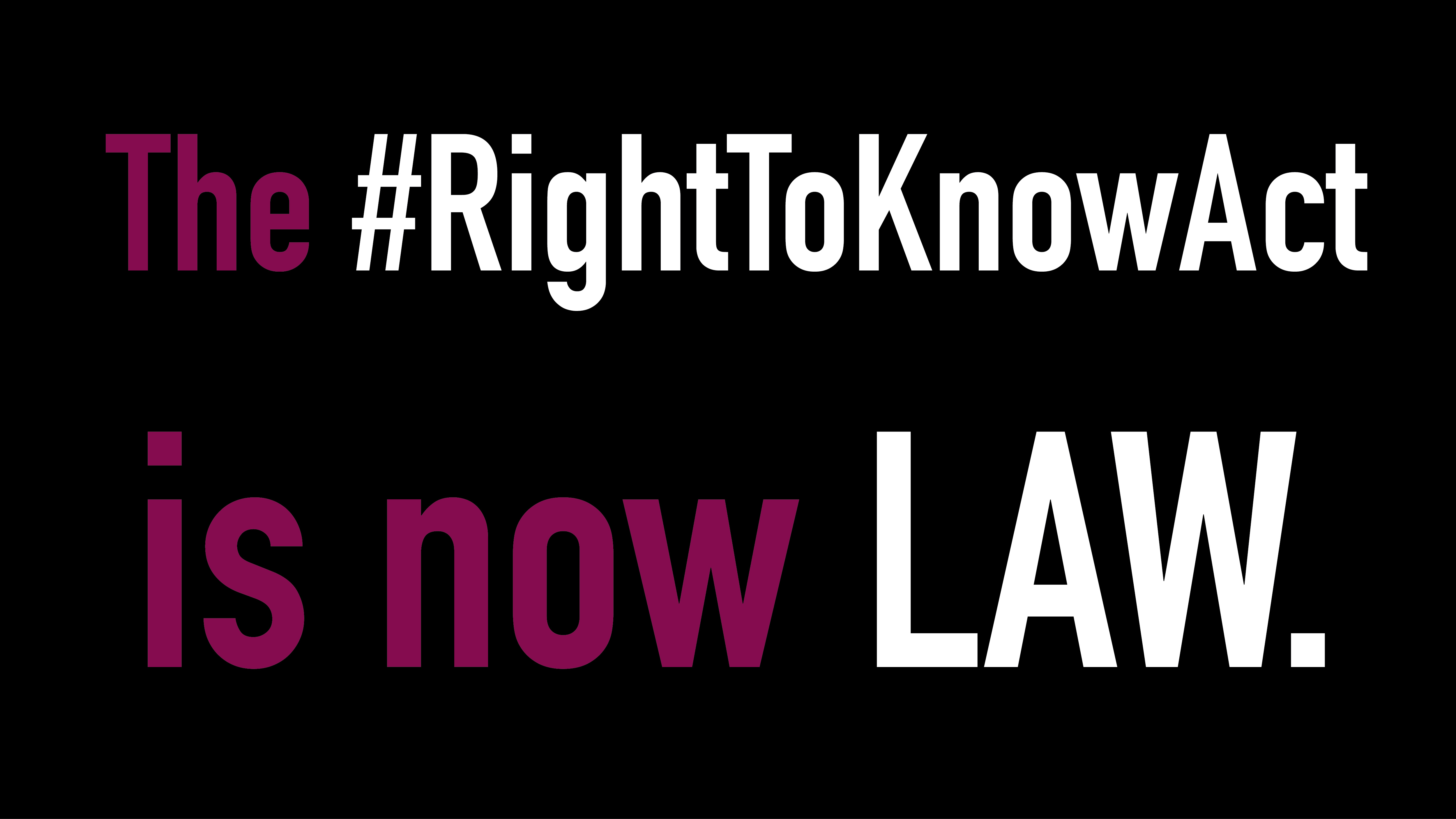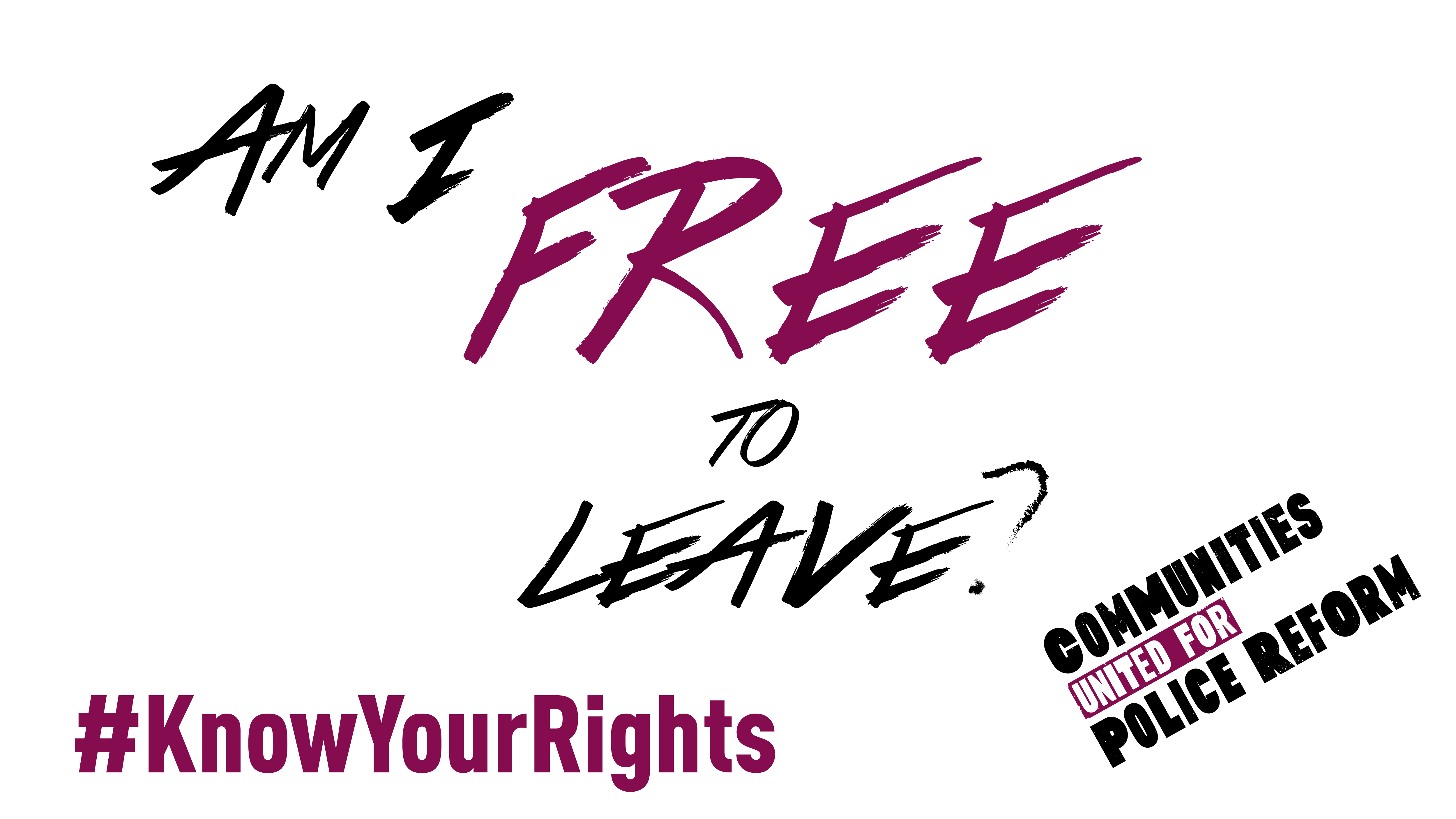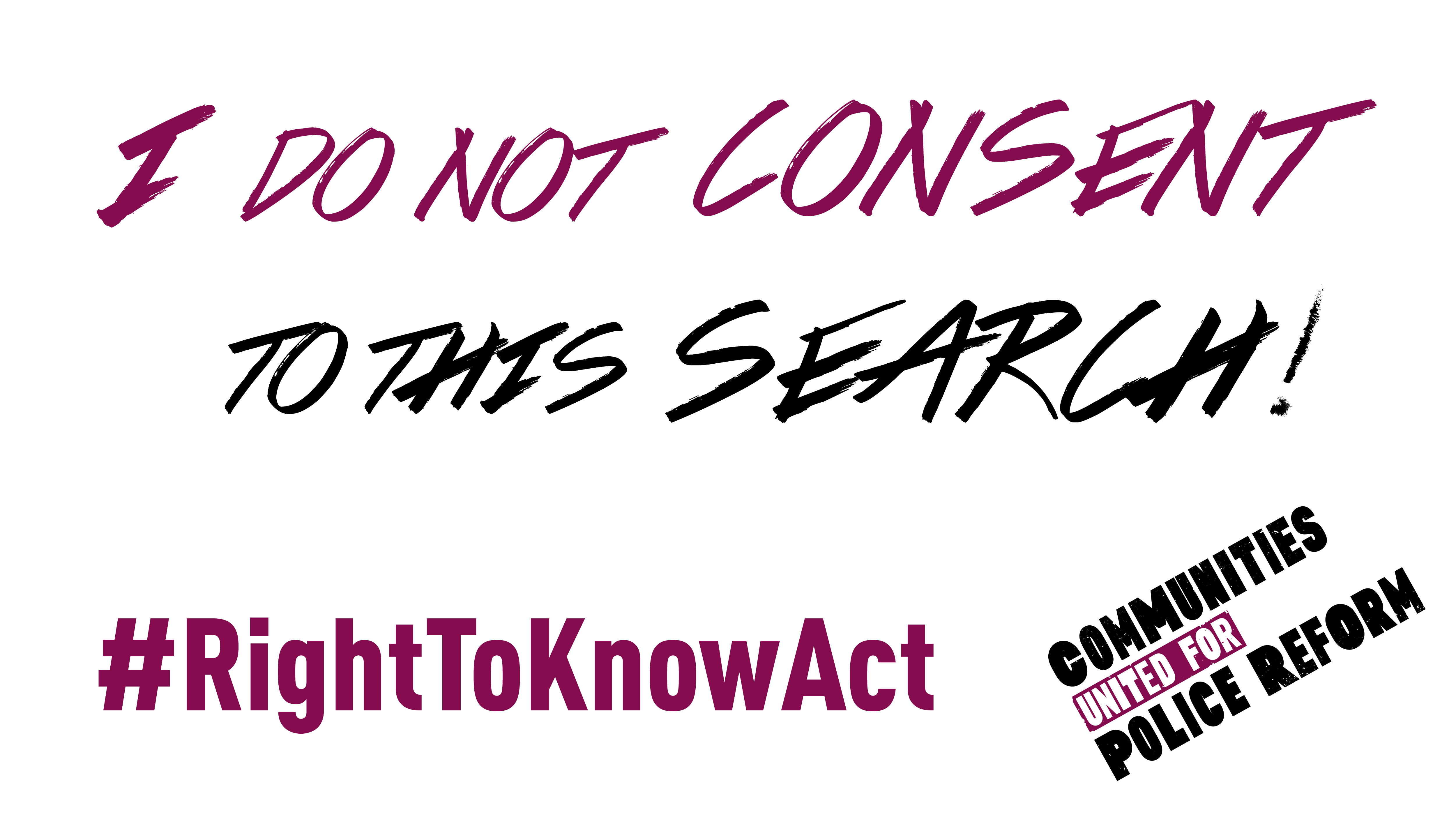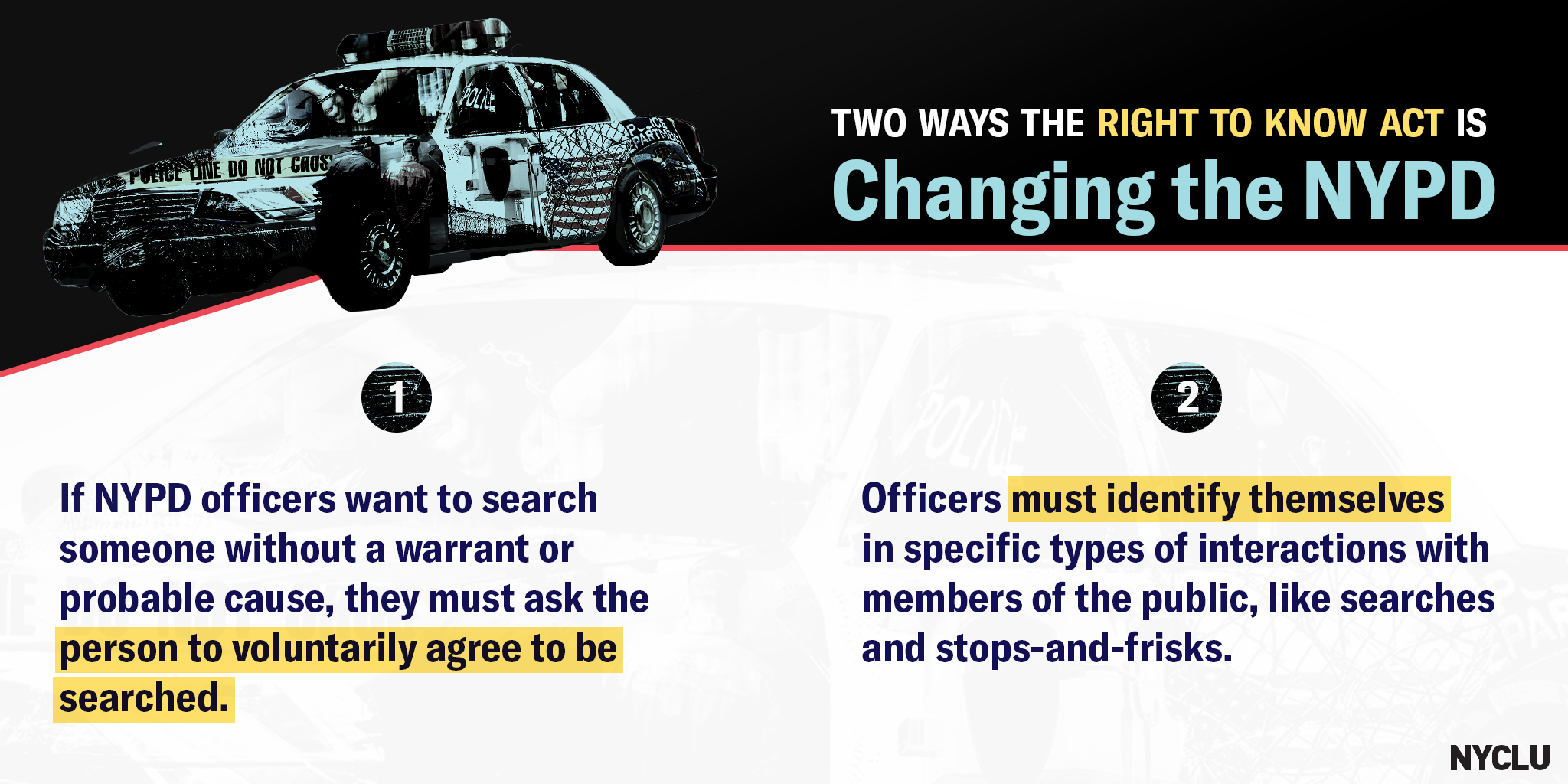These bills were first introduced in the City Council in 2012, as part of the Community Safety Act package. They were re-introduced in the City Council in 2014, as the Right to Know Act to help end unconstitutional searches and to increase transparency and accountability in many of the most commonly abusive police interactions that New Yorkers face. The overarching goal of these bills was to decrease unecessary and abusive NYPD interactions experienced by New Yorkers.
The Right to Know Act Coalition, coordinated by Communities United for Police Reform (CPR), includes 200+ local and national organizations – spanning grassroots community organizing groups, legal and policy organizations, faith institutions and more. New Yorkers directly impacted by abusive and discriminatory policing led the charge to advance the passage of these critical reforms.
The 2017 passage of the consent to search law was a major victory and has been widely praised because it protects the rights of New Yorkers to refuse police searches that aren’t covered by warrants or probable cause. But the final version of the NYPD identification bill passed into law sharply criticized by police reform advocates, universally opposed by the 200+ groups in Right to Know Act Coalition, and opposed by numerous Council Members and other elected officials, because of numerous carve-outs and exclusions that can risk increased harm to community members in certain interactions, if they are not fully aware of the law’s specifics.
Now that the Right To Know Act laws have gone into effect as of October 19, 2018, CPR and Right To Know Act coalition members are incorporating education on the laws in Know Your Rights trainings, Cop Watch patrols, and other activities – to ensure that New Yorkers know their rights, realities and responsibilities with changes to the law.

 The Right to Know Act aims to deter NYPD abuse, help prevent unnecessary police encounters and requires that the NYPD be more transparent when interacting with the public.
The Right to Know Act aims to deter NYPD abuse, help prevent unnecessary police encounters and requires that the NYPD be more transparent when interacting with the public. 



